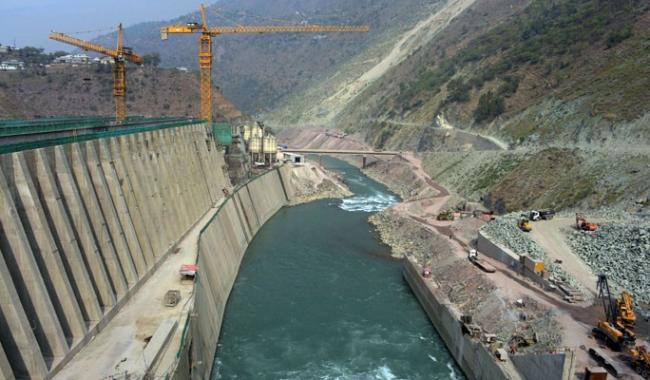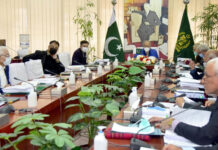
ISLAMABAD: The outgoing government on Thursday gave go-ahead to the removal of Neelum-Jhelum surcharge amounting to 15-paisa per unit starting from the commissioning date of the project.
Also, it gave go-ahead to a five-year tax holiday for inoperative federal and provincial tribal areas which were recently amalgamated with Khyber-Pakhtunkhwa, reported Express Tribune.
The Economic Coordination Committee (ECC) of the cabinet meeting on Thursday was presided by the Prime Minister Shahid Khaqan Abbasi.
The outgoing government gave go-ahead to exemption from income tax on profits and gains of prevailing businesses carried out by people in Fata and Pata for next five years.
But these businesses would need to register themselves with the tax authority, Federal Board of Revenue by September 30th, 2018 as per the official handout.
Also, the outgoing government gave go-ahead to exemption from sales tax for the retailers to help general consumers and domestic consumers of electricity would be exempted from sales tax.
In Fata and Pata, non-customs duty-paid vehicles have been permitted to be used for a period of five years ending June 30th, 2023.
But these vehicles won’t be granted permission to cross over into other areas of Pakistan.
Once the deadline expires on above-mentioned date, these vehicles will be regularized upon payment of duty and taxes, as per the official handout.
And all kinds of withholding taxes will be exempted aside withholding tax on salary.
Any individual wanting to establish a new industrial venture would also be extended exemption from income tax, depending on go-ahead of the ECC.
But the Central Excise Act 1944 would pave way for the Federal Excise Act 2005 meaning imports for inoperative Pata and Fata regions would now be taxed, as it was before the amalgamation.
During the meeting, the government decided to eliminate the Neelum-Jhelum surcharge upon starting of commercial operation date (COD) of the 969-megawatt project.
The water resources secretary told the ECC that the project would be fully commissioned by end of June, but in case of delays, the surcharge would automatically be levied further.
The surcharge on this project was levied in 2007 for a period of eight years with an ending date of December 31st, 2015, which got an extension till June this year.
Till now, the government had amassed over Rs65 billion in surcharge and at its commencement, it stood at around 10 paisa per unit, which was jacked-up by 50 percent to 15 paisa per unit.






